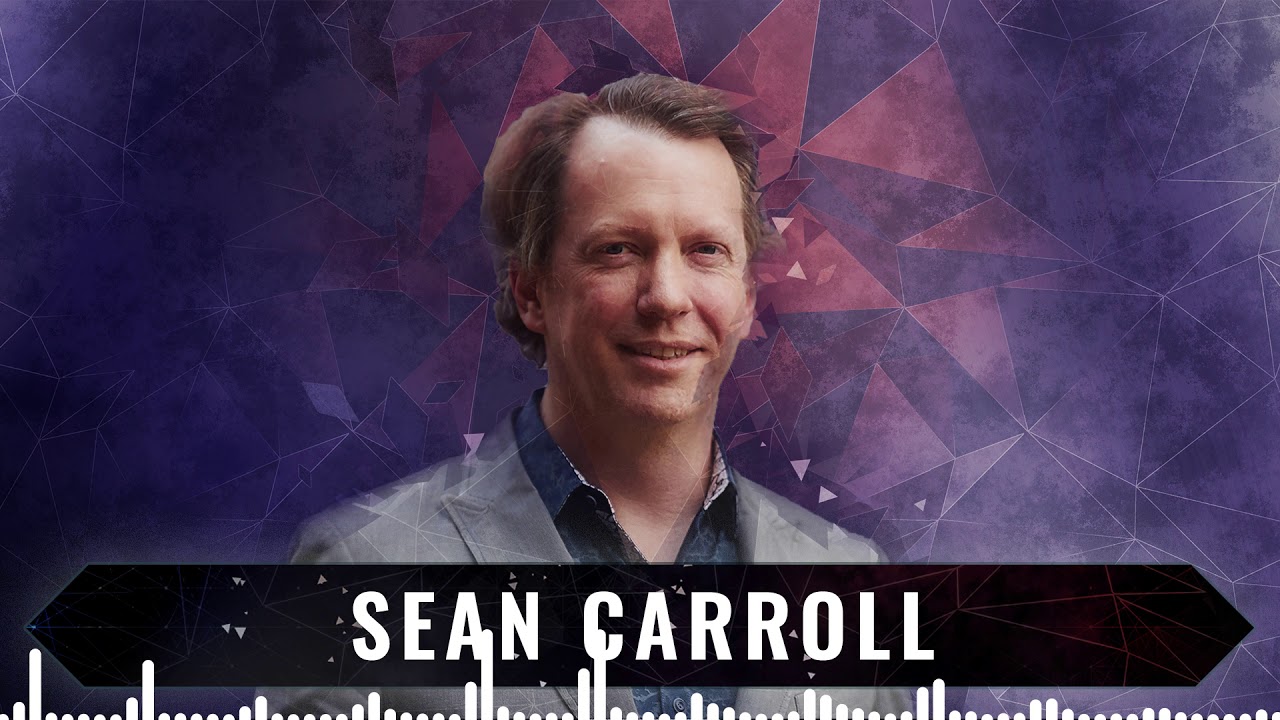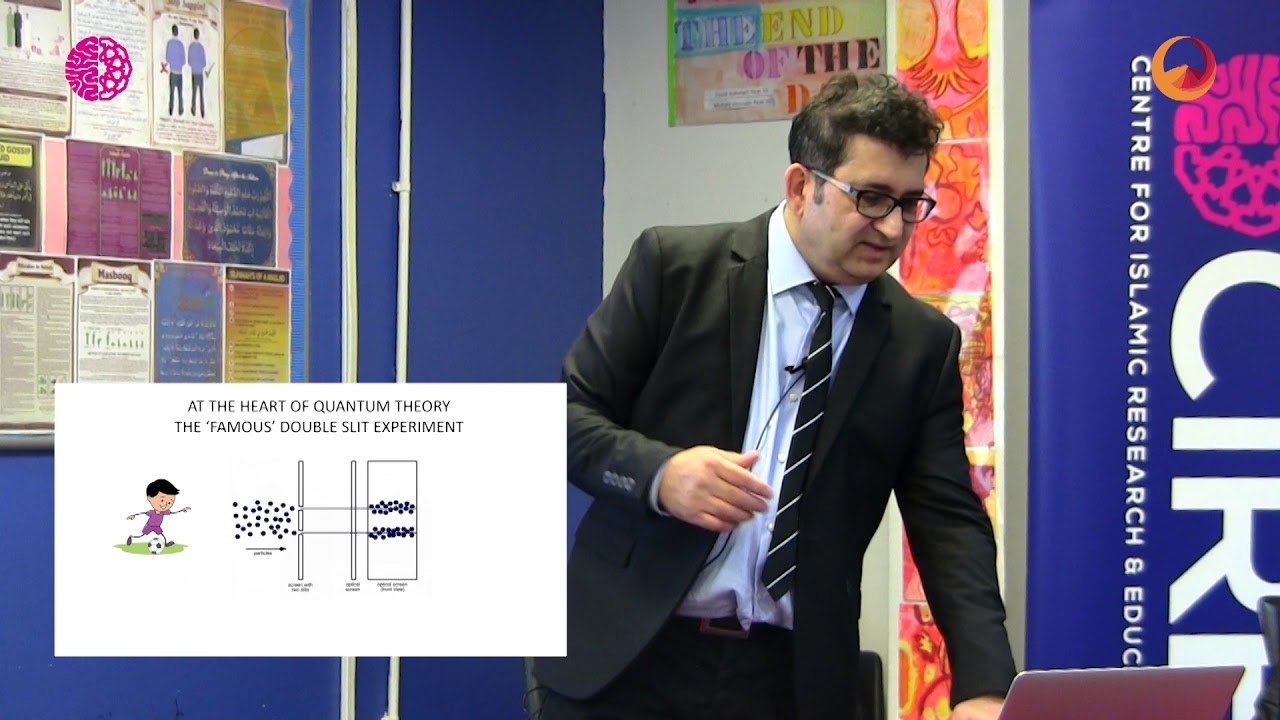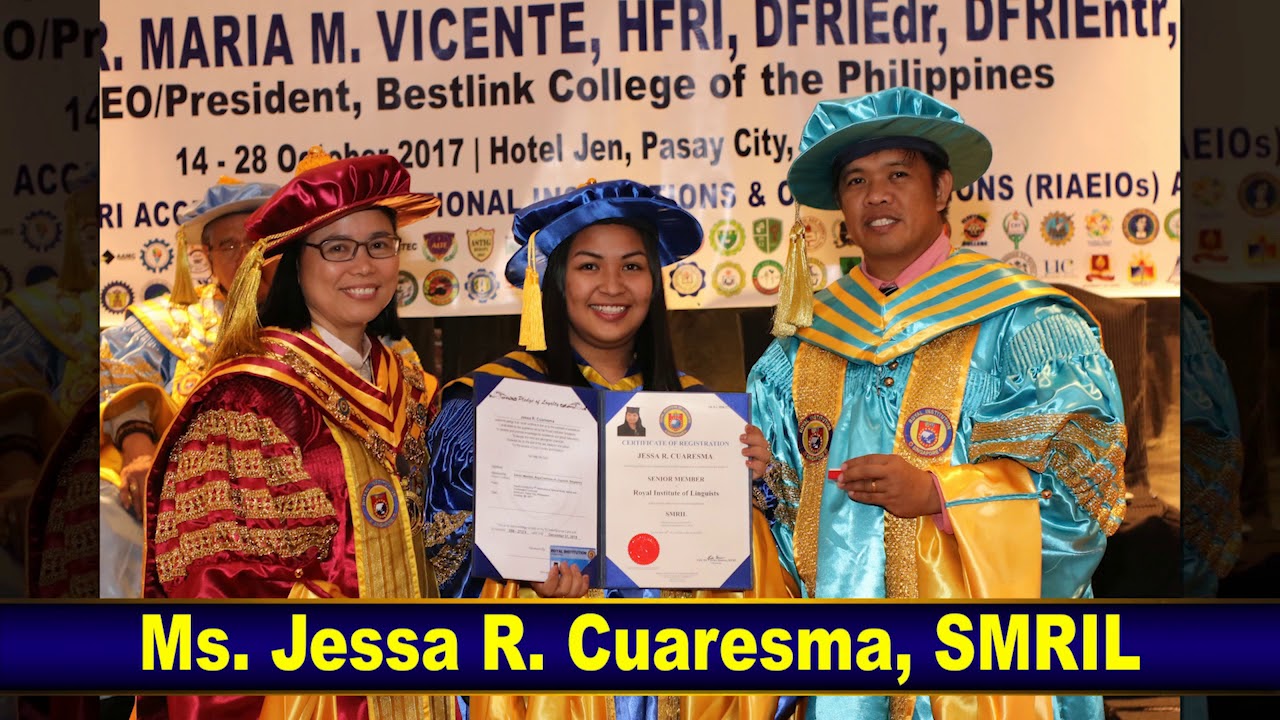Hidden Forces
In Episode 119 of Hidden Forces Podcast, Demetri Kofinas speaks with Sean Carroll, a best-selling author and research professor of theoretical physics at the California Institute of Technology. His research has focused on fundamental physics and cosmology, especially issues of dark matter, dark energy, spacetime symmetries, and the origin of the universe. Recently, Dr. Carroll has worked on the foundations of quantum mechanics, the emergence of spacetime, and the evolution of entropy and complexity.
Our focus today is on the subject of Sean Carroll’s latest book “Something Deeply Hidden: Quantum Worlds and the Emergence of Space-time.” The conversation jumps around quite a bit, and much of the discussion bends towards the philosophical. Demetri and Dr. Carroll discuss ontological questions dealing with the nature of reality and the possible limitations of science as an epistemological tool for making definitive statements about our own conscious experience. They also delve into some of the core theoretical aspects of quantum mechanics like the measurement problem, Heisenberg’s uncertainty principle, entanglement, and nonlocality. Sean Carroll also explains some of the various interpretations of quantum theory such as the Copenhagen interpretation, Many Worlds, Be Broglie–Bohm, Spontaneous Collapse, and QBism.
For subscribers to our Hidden Forces Overtime feed, Demetri and Sean spend the balance of their time discussing more off-the-wall subjects such as the impact of quantum mechanics in culture, the fascination with time travel, challenges for artificial general intelligence, the prospect of aliens, and the implications of flat earth theory.
You can access the show overtime, along with the transcript and rundown to this week’s episode through the Hidden Forces Patreon Page. All subscribers also get their own exclusive Overtime RSS feed, which can be easily be added to your favorite podcast application.
Producer & Host: Demetri Kofinas
Editor & Engineer: Stylianos Nicolaou
Subscribe & Support the Podcast at http://patreon.com/hiddenforces
Join the conversation on Facebook, Instagram, and Twitter at @hiddenforcespod
Subscribe to Hidden Forces and gain access to the episode overtime, transcript, and show rundown here: http://hiddenforces.io/subscribe
Follow us on Twitter: https://twitter.com/hiddenforcespod
Follow us on Facebook: https://www.facebook.com/hiddenforcespod/
Follow us on Instagram: https://www.instagram.com/hiddenforcespod/
#SeanCarroll #HiddenForces #Podcast
Source




Would you like to support the show? Subscribe to Hidden Forces and Access the Overtime Segment with Sean Carroll here >> https://www.patreon.com/hiddenforces
Hello,
Please consider adding time stamps for your questions for in-depth conversations such as these. I found the conversation intriguing, and it's helping me on my physics journey–but it's difficult to review the information here without time stamps.
Thank you!
OK I hear enough of this author to realize he is aiming to cash the confusion of QM instead of reporting new useful information.
The multiple universe interpretation of quantum mechanics cannot survive the conservation laws pf physics, FYI.
Sorry but I can't take seriously a physicist that states that the double slit experiment was made only in the 1970s when it was indeed made by Thomas Young in 1801. A low-intensity double-slit experiment was first performed by G. I. Taylor in 1909, by reducing the level of incident light until photon emission/absorption events were mostly non-overlapping. A double-slit experiment was not performed with anything other than light until 1961, when Claus Jönsson of the University of Tübingen performed it with electron beams.
This guy is a much better interviewer (when discussing physics at least) than Joe Rogan.
Sean carroll i have caught the answer to everything in 1 selfie i took on dec 25, 2019, martylynch1@aol 706 934 6080 call anytime or email me so i can send you a copy and change all these theories into facts, thanks
Be careful you are using the word "why".
Sean
"Bad ol' days of Copenhagen-Interpretation"
Carroll
I’ve become entangled with the sound signature.
…Sean, you need to stop talking
stop chasing the money
at every opportunity
go quiet and think
for a decade
ssssshh
Two of my favorite podcast hosts
Brilliant minds. Thank you so much.
18:50 I believe that is the whole point of it all, literally: there is no absolutely random "shuffling" in the universe. "god does not throw dices" einstein said.
QM is the ‘behind the curtain’ actions necessary for reality as we experience it. Not unlike the difference between a movie and how a movie is made where some of the processes or trickery required to make a 2D surface look like a 3D world. One simple example might be fight scenes where no one is actually punched while it looks like people are being punched. Or the way a film like 2001 a Space Odyssey was made with people walking upside down ect
One reason is the incomplete information we are still yet to gather enough information and or found all the particles so how could we possibly be in a position to understand the full ramifications of QM
If I say that it’s a deterministic baryonic Universe, People Puncture my lung.
I went to see Sean talk at the RI in London last month – fantastic
Science rocks
Not all people want lo live forever. That's provable false.
Ah, the multiple universes. What a theory. I would ask to Mr Carroll, Do those multiple universes have exactly the same laws of nature? All of them? And if not, could it be that, being them infinite denumerable (we assume that the set of those infinites have cardinality Aleph(0)) there exists a universe with, let's say, supernatural beings? Complex questions, for sure. I don't know if physicists make good philosophers.
An entire life dedicated to understanding the Universe, in fact, to get to the meaning of it all, to finally arrive to a very depressive conclusion, we, humans are some sort of biological robots, acting randomly without any purpose or direction. Then, how come that they start discussing consciousness? That doesn't make any sense. What does Consciousness mean for biological robots that act randomly? We are like stones falling from a mountain.
Always interesting to listen to unfocused interviewers who asks a question and then talk themselves away from their own original question without any involvement at all from the interviewee. Still waiting for the answer of what makes an observation, what counts as a detector? A bit surprised that Sean accepted this interview.
You underestimate the public. Some of us understand quantrum mechanics just fine. You guys have been talking about this all our lives. We understand it just fine.
quantum numbers: the principal quantum number that describes the energy levels electron shells is not the only way in which we define the quantum state-that is, the probability wave function-of an electron. Alongside it, there are other key quantum numbers that help define an electron's properties.
Electrons have a property called' spin', which can have a quantum number of 1/2 or -1/2 meanwhile, the 'azimuthal' quantum number / describes angular momentum of the electron (although an electron's mass is tiny at just 9×10^-31 kg, it does exist, and therefore an orbiting electron must have angular momentum). Finally the 'magnetic' quantum number (m,) describes the energy levels present in the 'subshells' of any given electron shell. within a magnetic field, m, can also produce further shifts in electron energy, related, related to a phenomenon know as the Zeeman effect.
47:07 I’m bored after 60 years let alone eternity.
My head hurts
In the many world theory,is the other world in front of our nose but we can't see it or is it in another location in our universe.hope someone can enlighten me.
With the many world theory. Does that suggest in one universe the chalk fell off the table and wrote a classical symphony?
“The universe would be just fine without consciousness”, says Sean Carrol.
I am a bit confused here. Let me try to give you my train of thought. Please let me have your take on this!
If I understand correctly, consciousness is rooted in a sense of awareness of what is. Awareness is the ability to distinguish differences, the ability to identify. A self-aware identity is a construct of relationships, much like Sean calls your past self and your current self a 1 to many relationship. If awareness exists by the nature of relationships, the ability to relate, a kind of relativity among identities of some sort, the universe is the ultimate result of a network of relationships, entanglements if you want.
In other words, a free particle is a particle that has no entanglement with any other particple in the universe, including the entanglement with an observatory system. The freedom come with non-awareness and by the lack of relation – it is not something relative to something else – it is not part of the physical universe. In the absence of what is not, that what is, is not.
Hence, I would argue that the universe is what it is because there is a system of relations, a dynamic appearance in time which we – as observers, phase-lock looped with a self-aware system perceived to run a linear universal clock in a spatial framework 3 dimensions – explain its manifestations as a universal probabilistic wave.
What would the universe look like if we would lock ourselves – by thought experiment – to a different phase and frequency. I think we would not recognize the universe as we perceive it these days. Just by doing the excercise we may discover new interpretations of the waivy nature of physical reality and come to a better understanding of what the wave-particle duality is and what a measurement is when we relate the interaction with the measured object to a different frame in spacetime.
I like to think of the difference of measuring a signal. Take a delta signal, a spike in time. When interpreted in the frequency domain it shows as a contineous spectrum of superimposed frequencies. But when interpreting a harmonic signal of single frequqency, we see a delta in frequency domain and a continuous harmonic wave in the time domain. They really are two distinct measurements of the same thing and related through the Fourier transform. What would we say about “probability” in the frequency domain? What does a random decay look like in the frequency domain?
Always an intellectual pleasure to hear Sean Carroll. He has a talent of putting difficult things in clear words. Thanks!
Sean Carroll looks like Tony Hawk and Bill Gates had a son.
One of my favourite public speakers on science and philosophy. Great talk, thanks.
Omg get cracking on Gravity already! This is actually the biggest embarrisment to established sciences!!
A few month ago i heard neal degrasse Thyson say He gave up on gravity🙈
Science is hard. It takes a keen mind and a lot of effort.
Quantum mechanics: the science that nobody agrees on. Outstanding!
Very cool. Totally impressed. Just found this and it is one of the better ones…. Big up , Sean Carrol!!!!
Has Sean Carroll ever said 'err' in his life?
Starts at 3:34
Shuffling a deck of cards and having them come up in chronological orderhas the same odds as shuffling a deck of cards and them coming up in any other order.
I don’t think that I should go around saying anything like, “ultimate science mind on the planet,” with guys like you and Don Lincoln standing around……unless Sabine Hossenfelder is standing with me!!! Lol
I consider all of you guys Great Friends! I was having FUN! Thank You! I had to pick up a little Cosmology on the fly. Hahahaha
You titrated just the right amount of Cosmology into my vein, at Just the Right Time!!!!!!! YAY!!!!!
It’s Sean Carroll’s FAULT! Hahahaha
Do something before these fkWits try to put me in jail for saying crap like I disproved the Big Bang. They send you to a shrink for saying it!
BECAUSE ITS LIES FROM U PAGAN HEATHENS THATS WHY YOUVE BEEN GIVING UP TO BELIEVE LIES AND FALSE SCIENCE U ARE GENTILES POINT BLANK PERIOD JUST AS SCRIPTURES SAY
Another issue Is that it seems when humanity is hearing about crisis all around. In old days people seek comfort in religion. But I think we are turning towards physics, because most don’t are that convinced that the entity religion refers to apparently ain’t doing anything about these crisis around the world. But physics/ science does provide a lot of work trying to figure out what to do. This could be some of the reason why we have this enormous interest towards the physics community. And I for one hope that will continue. Another wish is people try to be better to check facts instead of making quantum mechanics to a kind of new age believe. As a physics student it might be easy for me to say,but we need to look at the evidence and nothing else. As my old hero said facts is what matters, not being bias because this is what you wish. ( Bertrand Russell, if any had some doubt ! ).
I have a funny way of remembering this stuff. The faster something goes the blurrier it appears. It's why fast objects (photons) become statistical wave patterns through double slit experiments. Not scientific but it helps remember it.
Call it luck or whatever but I could for a few months shuffle a card deck and randomly pull the 4 Ace cards between each shuffle.
Almost no one understands Quantum Mechanics. Because it was never been explained like this:
https://youtu.be/UymZR_N4GIM
Unless you are selling something and ARE A FUCKIN’ CHARLATAN like Deepcrap Chopra…
Oh more excuses for the quantum BS
Pathetic fields and electric deniers.
Always knew it was rotten
Your introductory remarks about advantages of persistence in trying to understand intellectually challenging topics is something I absolutely agree with. I have spent hundreds of hours reading and listening to leading minds in QM, neuroscience, cosmology, Vedanta & Upanishads etc., and it is always very gratifying, even though, I have struggled to articulate most of what I have learned. At the end of the day, every bit that my brain grasps, all the new ideas, help me to interconnect this infinite web of knowledge, which ultimately has one source from where it flows into multiple streams of knowledge